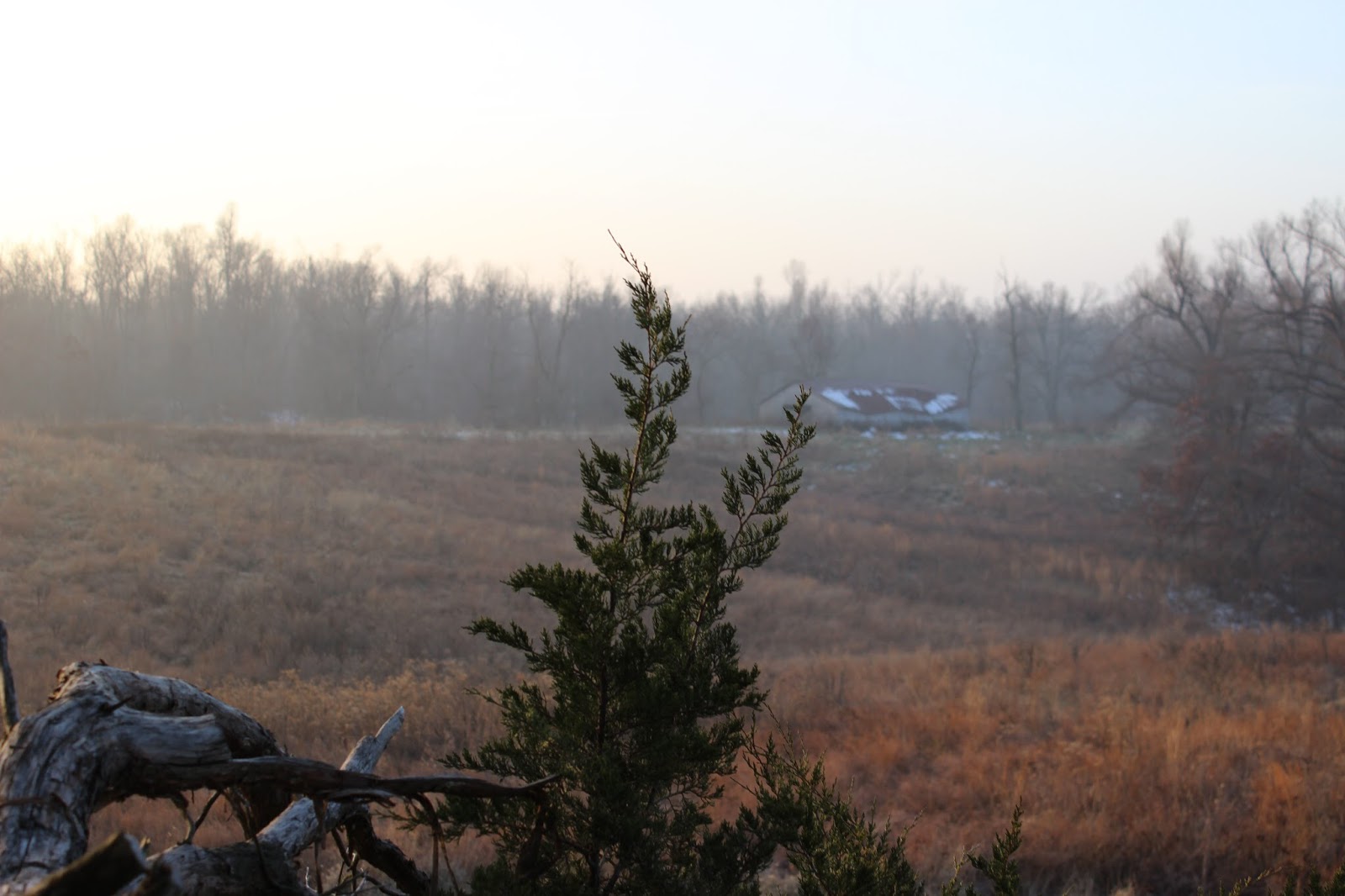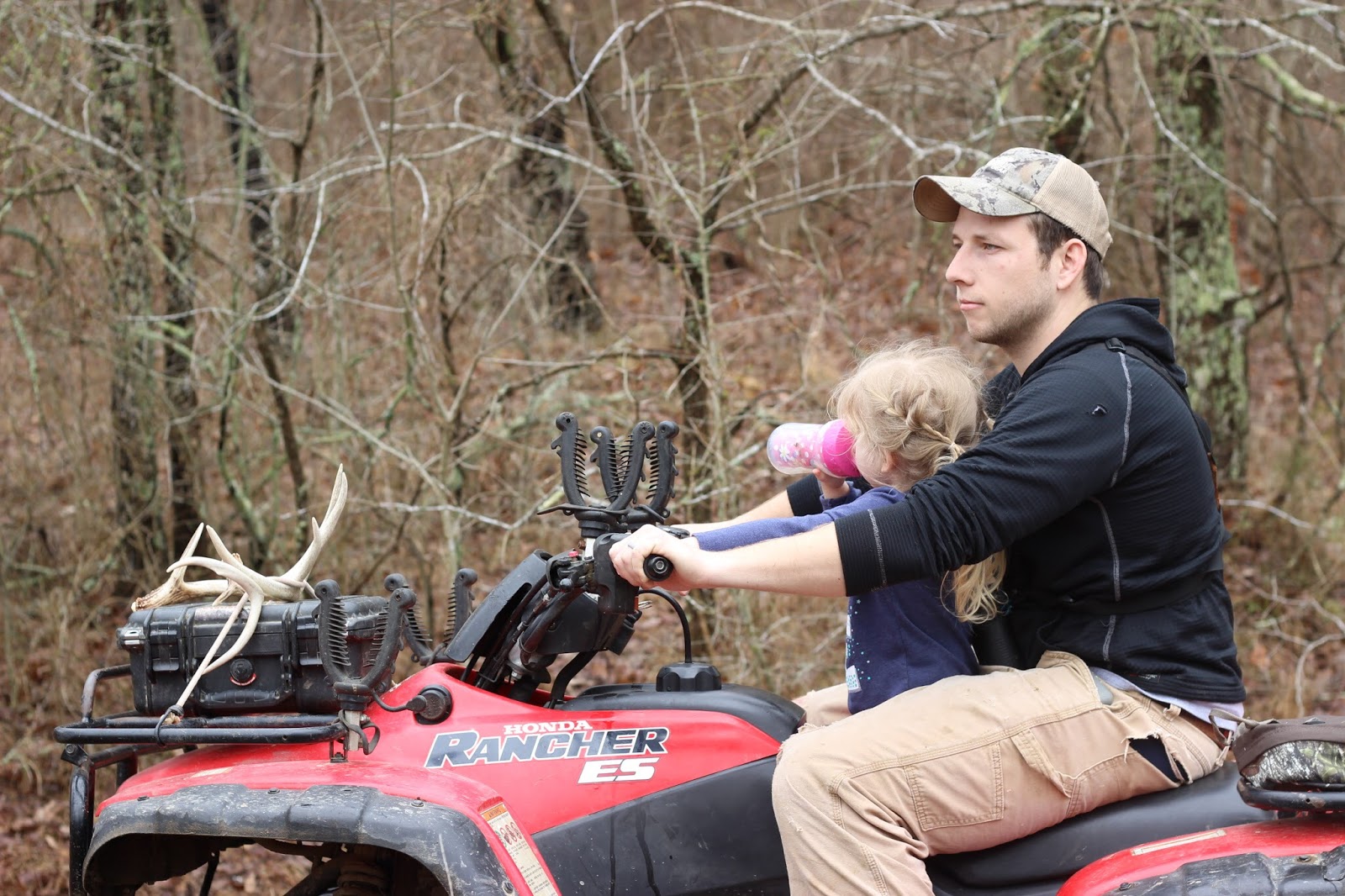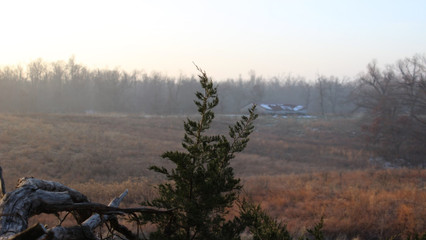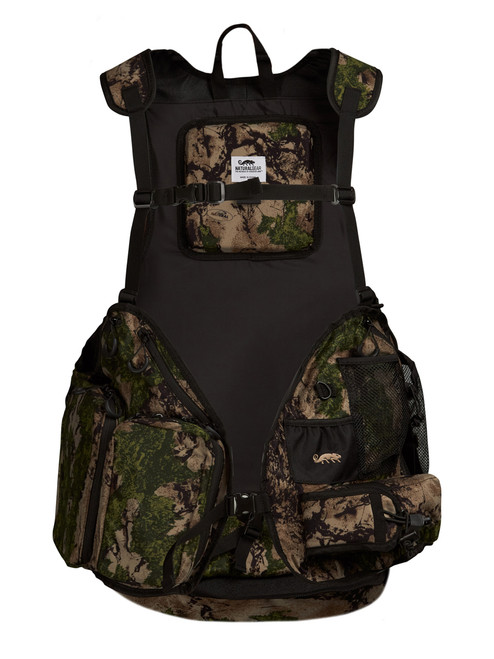Hunting Land: Should You Buy?
Posted by Reese Johnson on Oct 12th 2021
Where to Start
Should you look for land locally or in a major Midwest state where landowner tags can get you an advantage?
The answer to this question is a personal one; but many factors should be considered, from season dates and weapon type to price per acre and number of miles from home. The decision will ultimately come down to your budget, work schedule, and any previous experiences or personal ties you may have in certain areas.
if you are looking for land in an unfamiliar area, I recommend that you reach out to any local ties you may have or find a local land broker. This way you’ll have somebody to answer your questions and help you get comfortable with the area. Statistics have also never been more readily available from states and are usually not too difficult to gather. A little research will get you information regarding deer density and harvest rates among the counties in whatever state may interest you.
However, when it comes to getting a feel for an area, no amount of Internet surfing or phone calls made can replace boots on the ground and time spent on prospective tracts.

Buy or Lease?
For most hunters, the answer is usually a combination of both, including family land and property either leased or hunted with written permission.
Leasing has become extremely popular lately as more landowners realize they have a desirable commodity that many are willing to pay for. In some situations this can lead to hard feelings, as bidding wars and constant turnover are all too common with properties utilized for this.
As a lessee, you are ultimately at the mercy of many outside factors, including landowners who frequently don’t understand our logic. I’ve had landowners ride through “just checking on things” in the middle of the rut while I was in the tree and I’ve seen multiple farms logged in and out of season.
There is nothing more frustrating than leaving a farm or area untouched with the intention of letting it rest, just to find signs from activity that you can’t control. This is why being the landowner is the ultimate trump card; if it’s an opportunity afforded to you in life, find a way to take advantage of it.

Big or Small?
We’d all love to have 2000 acres to manage and utilize for hunting, but for most of us that’s just not possible.
The average home range for a whitetail is 640 acres (or one square mile) and even if you could control half of a deer’s home range, the mortality rate for whitetail bucks is so high it’s scary. If you’re like me and hope to watch deer grow and to hunt mature deer regularly, one bad neighbor or a busy highway can be a major issue.
Putting all of your eggs in one basket, so to speak, can be a bad experience if the landowners around you are not in the same management state of mind. Therefore, unless you can find a proven and well set up 100–300 acre tract, be flexible when looking into buying property. Purchasing and leasing multiple tracts of 50–100 acres within a reasonable drive from the camp area gives you the ability to bounce around and makes it more likely you’ll encounter mature bucks.

Property Is an Investment
Mark Twain once said, “Buy land, they’re not making it anymore.” The wisdom of this statement has become more and more apparent as land prices across the nation have increased exponentially over the last fifty years.
While providing you and your family a place to hunt may be the main purpose of buying this land, a well-maintained, well-managed property will hold and likely gain value as much as any investment out there. And properties with tillable acreage or timber can also provide a yearly income source.
There is little safer a place to keep your money than property in your own name and that’s been the case for thousands of years.




